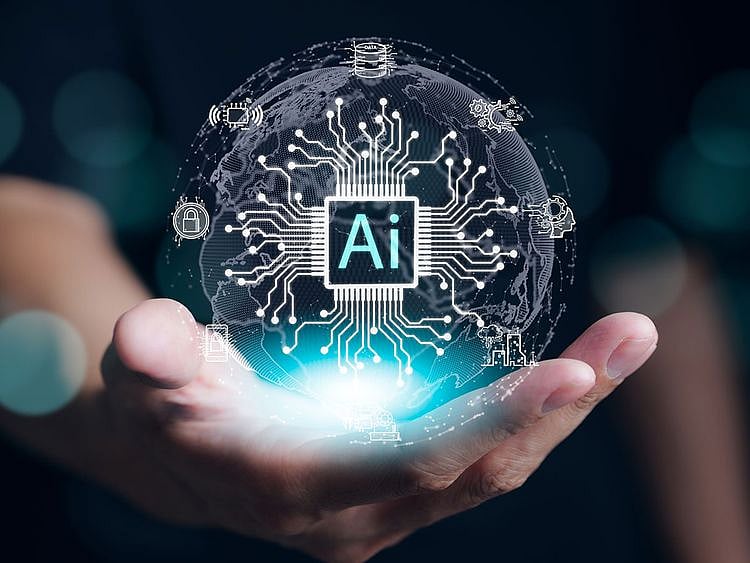AI sure can reshape work and living, but keep tight leash on the tech
Any AI usage requires high data, but how that gets used needs constant watch

Artificial intelligence AI is no longer a futuristic concept—it’s here, and it’s transforming how we live, work, and interact with the world.
From AI-powered personal assistants to predictive analytics, its applications are becoming integral to industries across the globe. PwC estimates AI will contribute up to $15.7 trillion to the global economy by 2030, with the biggest gains coming from productivity improvements and increased consumer demand.
Already, we see AI seamlessly woven into the fabric of everyday life—students using AI tools like ChatGPT to enhance their studies, businesses optimizing complex processes. And individuals crafting professional resumes with AI assistance.
AI is even applied to photo enhancement, ensuring compliance with stringent standards for identity documents like passports. In our industry, AI-driven technologies revolutionize printing processes by delivering superior image quality and enhancing efficiency in secure ID card production.
Beyond these applications, AI is driving transformative change across industries, from healthcare—where it aids in diagnosing diseases and personalizing treatment plans—to transportation, where it powers autonomous vehicles and optimizes traffic systems.
These examples highlight just a fraction of how AI is reshaping life, proving its potential to revolutionize countless aspects of both personal and professional spheres. Its role is no longer confined to niche innovations but extends to solutions that influence and improve the way we interact with technology daily.
However, the excitement surrounding AI’s potential must be tempered with caution. As companies rush to integrate AI into their business models, we must acknowledge the challenges that come with it. AI, like any technology, is evolving rapidly, and it’s not without its limitations. While tools like GPT can generate insights and speed up decision-making, they can also produce inaccuracies. Relying solely on AI without human oversight could lead to missteps, especially in high-stakes industries like security and identity management.
Thoughtful AI
The key is to adopt AI thoughtfully, ensuring that models are built within trusted frameworks and are continually monitored for accuracy.
One of the most promising aspects of AI, particularly in the security space, is its ability to analyze large datasets and detect patterns. Predictive analytics, powered by AI, are already helping companies like ours make faster, more informed decisions.
We are exploring how AI can enhance identity and access management by analysing traffic patterns in buildings and monitoring identity usage for potential security risks. This is where AI’s real power lies—its ability to process vast amounts of data and provide actionable insights that improve safety and operational efficiency.
AI must be strategically leveraged in areas where it can have the most impact, for example we’ve developed a private GPT model to enhance decision-making while safeguarding sensitive data, avoiding the risks associated with public models.
This tool helps us optimize logistics, plan pricing strategies, and even predict maintenance needs for our devices— like printers, where AI helps anticipate when service or parts replacement may be required. While many organizations still at the beginning of their AI journeys, it is crucial to remain committed to exploring how this technology can create value for customers and the industries we serve.
As AI continues to evolve, so too must our approach to integrating it into our business models. By adopting AI thoughtfully and responsibly, businesses can harness its potential to drive innovation, improve security, and deliver better experiences for their customers.
Network Links
GN StoreDownload our app
© Al Nisr Publishing LLC 2026. All rights reserved.